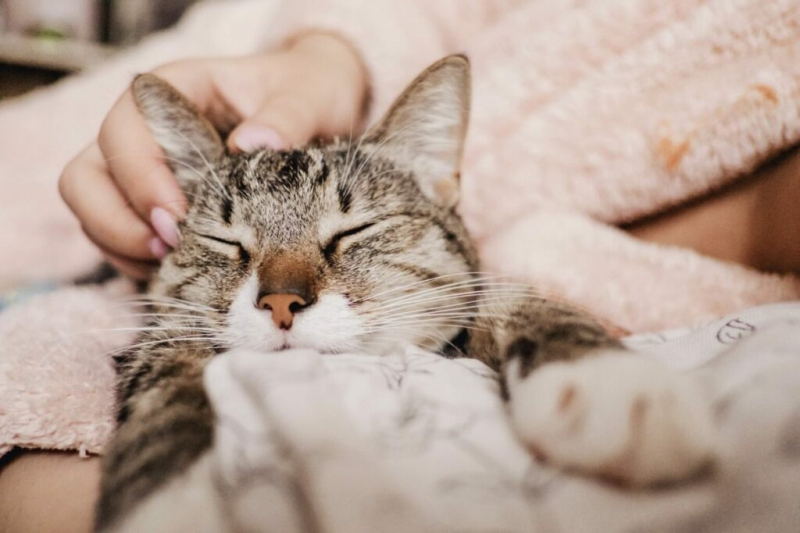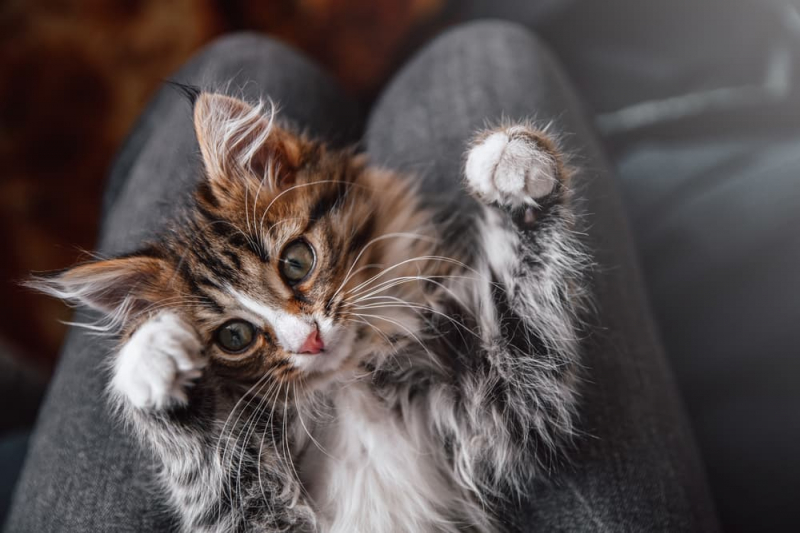We’ve Never Learned Why Cats Purr
Cats' purring is one of their distinctive characteristics. Even some big cats emit purring noises, which helps make animals like lions seem a little more human-like. Years passed with science still unable to explain how cats even produced the sound, despite the fact that we now know it is caused by the dilation and constriction of muscles close to the cat's larynx, which allow the noise to occur as the cat breathes. While it's wonderful to understand how cats purr, we still don't understand why.
It's very evident that the phrase "cats purr" is used to convey contentment. It makes sense that your cat would purr when you pet it. However, studies have indicated that there must be more going on than meets the eye.
Early on in life, a kitten's purr could be regarded by the mother cat as a sign that the kitten is doing well. As previously stated, a content cat purrs when petted. However, a cat may also purr if it is hurt and in agony. It's been reported that cats purr when they pass away.
Cats are known to purr on their own when left alone and secretly recorded by a camera, according to research. The reason for the activity is obviously not as straightforward as we assumed because fear and stress also appear to be purring triggers.












